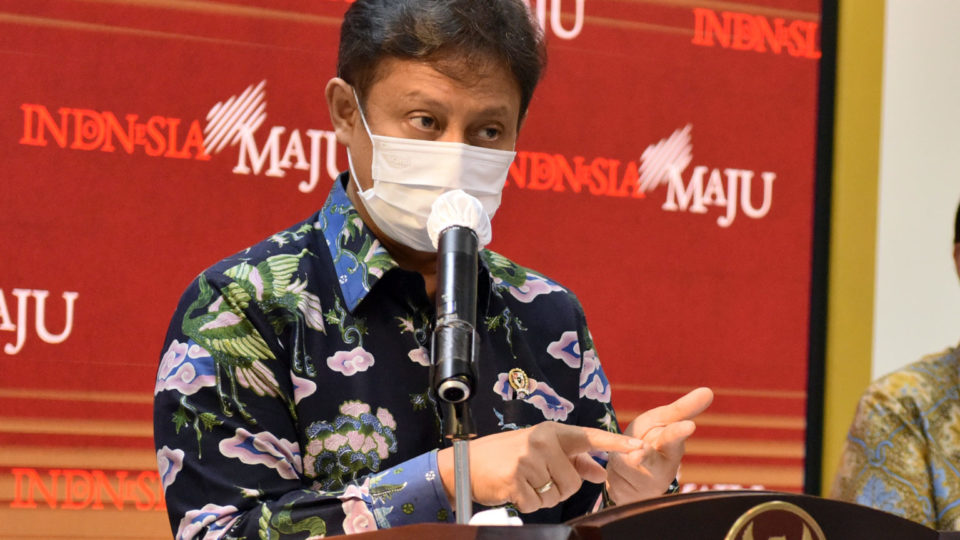Indonesia has become the latest country to detect the B117 strain of the SARS-CoV-2 virus, the Health Ministry has confirmed, with the more contagious mutation found in two recent COVID-19 cases.
The strain was first detected in the UK in September 2020 before it was reported worldwide in the subsequent months, including by Indonesia’s closest neighbors. As to why Indonesia was late in detecting B117, Health Minister Budi Gunadi Sadikin offered his take in what has become his closest impersonation of his controversial predecessor thus far.
“If [the strain] is only among us now, there are two possibilities. One, God loves our nation all this time. Or two, we’ve only been able to detect it now,” Budi told CNN Indonesia yesterday.
Budi’s deputy Dante Saksono first confirmed to the media the detection of B117 in Indonesia yesterday, the discovery of which was made from a recent genome sequencing analysis of 426 COVID-19 specimens in the country.
The two B117 cases were migrant workers who had recently returned from Saudi Arabia. They reportedly reside in Karawang, West Java, and have recovered from the disease.
Indonesia shut its borders to all foreign visitors starting Jan. 1, 2021, a couple of weeks after the UK announced that it detected the fast-spreading coronavirus variant the previous September.
The foreign arrivals ban is still in place, though it has been somewhat relaxed since.
The B117 variant is believed to be up to 80 percent more contagious than the original strain of SARS-CoV-2, though similar in the pathological effects they may cause.
Studies abroad have shown that existing COVID-19 vaccines should work against B117. In Indonesia, researchers believe that CoronaVac, currently the only vaccine available in the country, should also protect against the strain.




